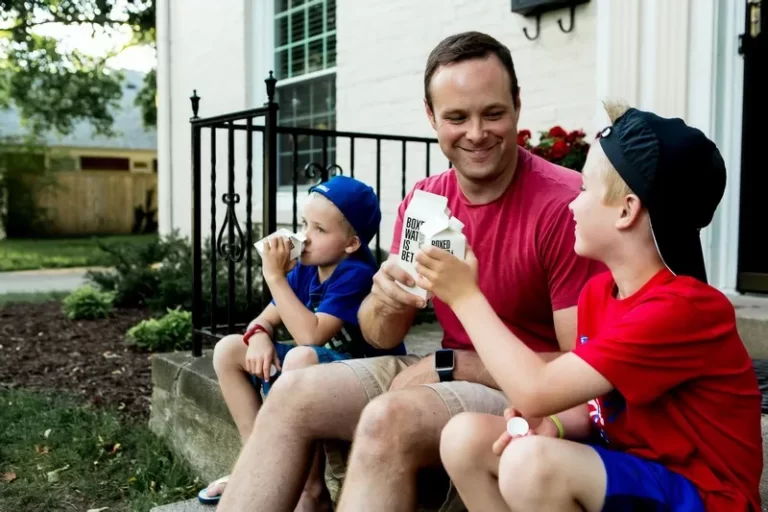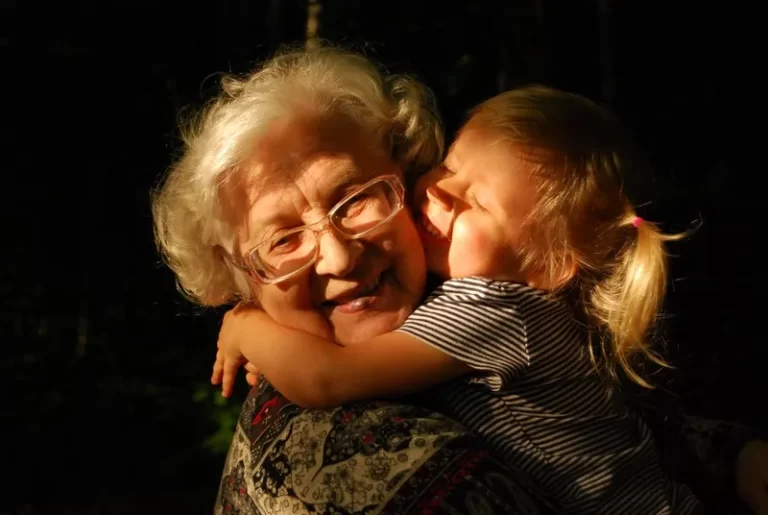Table of Contents
- The Family as the Primary Agent of Socialization
- Functionalist Perspective on Education and Socialization
- Feminist Critique of Socialization
- Marxist Perspective on Socialization
- Socialization and Changing Family Structures
- The Role of Schools and Peer Groups in Socialization
- Conclusion
The family is often considered the primary agent of socialization, playing a crucial role in the education and development of children. Through socialization, families impart the fundamental norms, values, and behaviours that individuals need to function effectively in society. Sociologists view the family as the first and most important setting in which this process occurs, as it is within the family that children learn the cultural and social expectations that shape their future roles. For A-level sociology students, understanding how families contribute to education and socialization is essential for examining the broader relationship between individuals, families, and society. This article will explore the family’s role in education and socialization from various sociological perspectives, with a particular focus on how this process operates in the UK.
The Family as the Primary Agent of Socialization
Socialization is the process by which individuals learn and internalize the values, beliefs, and norms of their culture. It begins at birth and continues throughout life, with the family being the first and most influential social institution in this process. In the early stages of life, children rely heavily on their families for guidance, support, and the transmission of social norms. Through interactions with parents, siblings, and other family members, children learn how to behave in socially acceptable ways, how to communicate, and how to form relationships with others.
In the UK, families play a central role in preparing children for their future participation in society. Parents are often responsible for teaching children basic skills, such as language, manners, and personal hygiene, as well as more complex social norms, such as respect for authority and cooperation with others. These early lessons are critical for helping children navigate other social institutions, such as schools and workplaces, and for ensuring that they develop the skills needed to succeed in a broader social context.
The family’s role in socialization is not limited to teaching children how to conform to societal norms; it also involves shaping their individual identities and self-concepts. Through family interactions, children develop a sense of who they are, their values, and their place in the world. This process is crucial for the formation of personal identity and for understanding how individuals relate to others within society.
Functionalist Perspective on Education and Socialization
From a functionalist perspective, the family’s role in socialization is essential for maintaining social stability and cohesion. Functionalists, such as Talcott Parsons, argue that families serve several important functions in society, one of the most crucial being the socialization of children. According to Parsons, families teach children the norms, values, and behaviours that are necessary for the functioning of society. Without this early socialization, individuals would not be able to participate effectively in social institutions, leading to social disorganization.
Functionalists view the family as the first place where children learn to fit into the social structure. By transmitting the value consensus, or the shared values and norms of society, families ensure that children internalize the expectations that will guide their behaviour throughout life. For example, parents teach children the importance of work, responsibility, and respect for authority, all of which are necessary for success in school and later in the workplace. This early socialization prepares children for their future roles as productive members of society.
In the UK, the functionalist perspective highlights the family’s role in preparing children for participation in formal education. Families provide children with the foundational skills and knowledge they need to succeed in school, such as literacy, numeracy, and social cooperation. By ensuring that children are socialized into the values of hard work, discipline, and achievement, families contribute to the overall functioning of the education system and society as a whole.
Feminist Critique of Socialization
Feminist sociologists offer a critical view of the family’s role in socialization, particularly in relation to gender roles and inequality. Feminists argue that traditional family structures have often reinforced patriarchal values by socializing children into rigid gender roles. From a young age, children are often taught to conform to societal expectations about gender, with boys encouraged to be assertive, competitive, and independent, while girls are socialized to be nurturing, cooperative, and submissive.
Feminists contend that this process of gender socialization reinforces gender inequality by limiting the opportunities and expectations of individuals based on their gender. Ann Oakley is a key feminist sociologist who has critiqued the way in which families reproduce traditional gender roles through the socialization process. According to Oakley, children learn gendered behaviours and attitudes through interactions with their parents, who often model stereotypical gender roles within the home. For example, girls may be encouraged to play with dolls and engage in caregiving activities, while boys are more likely to be given toys that promote independence and physical activity.
In the UK, feminist critiques of socialization have led to increased awareness of the need for more gender-neutral parenting and educational practices. Many families now actively seek to challenge traditional gender roles by providing children with a wider range of experiences and opportunities, regardless of their gender. However, feminists argue that despite these efforts, gender socialization remains a powerful force in shaping the identities and behaviours of children, particularly within the family.
Marxist Perspective on Socialization
Get the full article AD FREE. Join now for full access to all premium articles.
View Plans & Subscribe Already a member? Log in.





